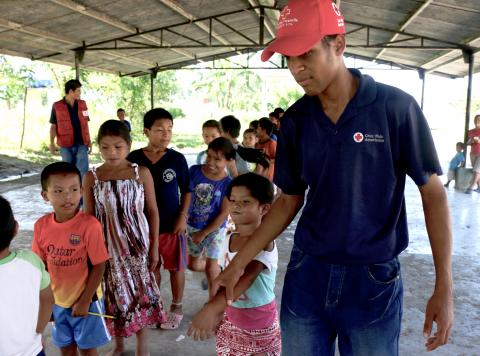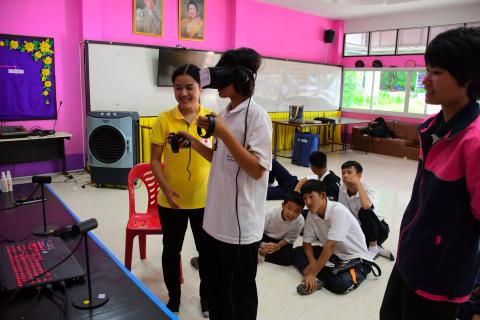Whether it’s Health Care or Gender Issues: Beneficiaries Should Control the Narrative
For those living in border communities in Latin America, access to emergency services can be tenuous to non-existent. Where there are assets or pre-hospital services available there can be legal or regulatory barriers to the actual delivery of service. Our team in the disaster law programme was commissioned to work out the legal issues preventing this work from happening.
However, one cannot make “good law” without understanding the people upon whom it will have an impact. During our research, we contacted and began site visits to communities along the borders of Costa Rica and Panama touching diverse groups of people ranging from Embera communities, to farmers to posted border control and narcotics agents. Many of the responses to date have not been surprising, they’ve been compromised of discussions about inconsistent documentation and confusion at checkpoints.
What was surprising – was that people in the communities were shocked that we wanted to speak to them and even more shocked that we were asking questions about women and children. What do they have to say about ambulances and health care workers? We learned that things we can take for granted, such as smaller stretchers for children and basic gynecological training were not even contemplated in most cases. So asking questions about certifications were non-starters. In trying to get a sense of the need from women, we learned that in some communities, women and children barely had the right to take up space and certainly were not part of any decision-making process. Getting their input would take another interview approach.
The narrative in the Embera community, an indigenous group living in the interior and along the borders of Panama, was one which shook the assumptions about empowerment we had created earlier in our dialogues. Women in the community can have their own enterprises and have a say in the management of the community. It was from female leaders that we learned about the community’s preference to rely on their own healers. However, their concern was about having their space respected and knowing about new activities.
We could talk in generalities about taking gender into consideration when doing our legal work, but that would not be entirely accurate. What we learned is to be aware of the issue and to take it into account. Where needed, we can proceed with that sensitivity. In our efforts to understand the legal issues, we were reminded that cultural and societal issues must be a part of the analysis when designing humanitarian work. Those issues are not always as neat as academic research would have us believe. Part of that analysis is about dispensing with belief systems, no matter how recently they have been obtained, and allowing the facts and personal narratives of the beneficiaries to carry the work.
Lessons Learned :
- Before making a legal or policy decision, you must fully understand the context in which you are operating. This is not limited to knowledge about the country, culture or even community, but taking time to grasp the direct beneficiary’s point of view.
- Just as no blanket determinations can apply to groups, the same is true for individuals.
- Humanitarian diplomacy is not just about making a good connection, but allowing the beneficiary to carry the connection.
Supporting Materials :



